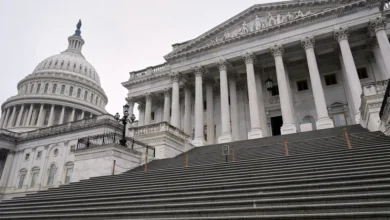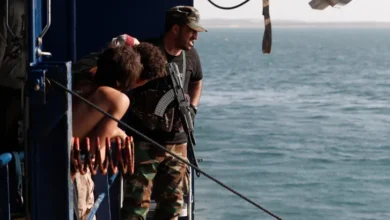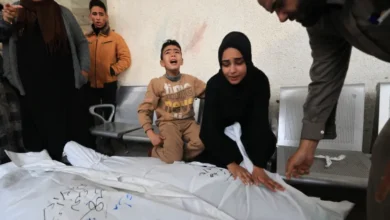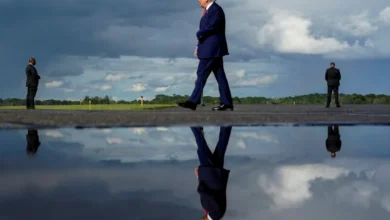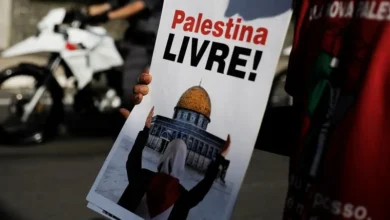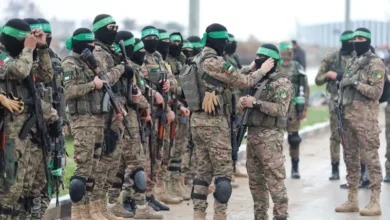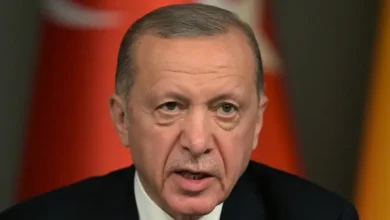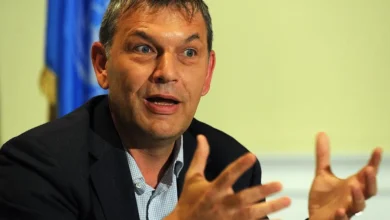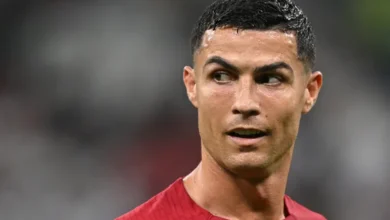Who is Mohammad Mokhber, Iran’s interim president?
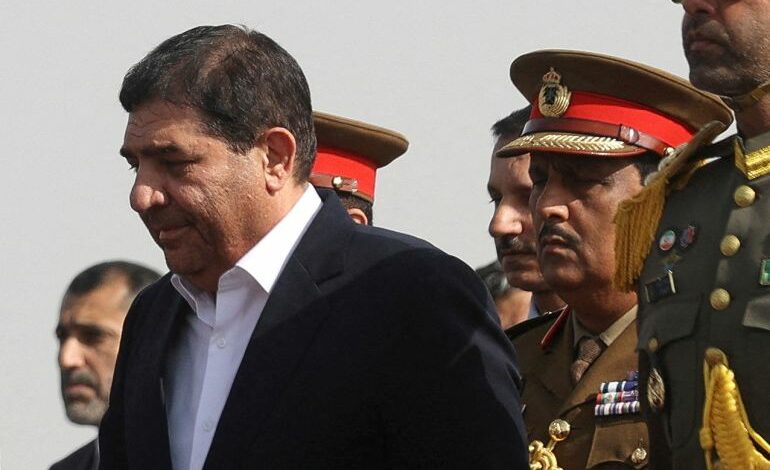
Mohammad Mokhber is Iran’s interim president now after late President Ebrahim Raisi and other officials were confirmed killed in a helicopter crash and Supreme Leader Ayatollah Ali Khamenei approved his accession to the role.
The former first vice president held an extraordinary meeting with judiciary chief Gholamhossein Mohseni Ejei and Mohammad Bagher Ghalibaf, the parliament speaker, on Monday morning.
As per the constitution, the three must set things in motion for a new presidential election to be held within 50 days.
Mokhber will remain interim president until then. “We will follow the path of Raisi in doing the duties entrusted without any disruptions,” he was quoted as saying by state media.
First vice president
Mokhber was appointed first vice president by Raisi in August 2021, shortly after Raisi took office.
He is the seventh person to serve in that role since the revision of the constitution in 1989 – and one of the most influential.
As first vice president, Mokhber travelled across the country to inaugurate a variety of government development projects and accompanied Raisi or led delegations himself on many foreign trips. He is reported to have visited Russia, along with senior military and security officials, to discuss arms transfers.
Mokhber was on a list of individuals and entities sanctioned by the European Union in 2010 for alleged involvement in activities concerning Iran’s nuclear and ballistic missile programmes. Two years later, the bloc removed him from the list.
Unlike other countries, Iran’s first vice presidency is an appointed – not elected – position that assumed some of the powers of the prime minister after the position was abolished in 1989.
There are several appointed vice presidents serving concurrently in Iran, each taking on different aspects of executive affairs but operating mostly like a cabinet.
Mokhber’s position was the top among vice presidents.
He was selected because he had a strong connection with the office of the supreme leader, like the late president himself, and the Islamic Revolutionary Guard Corps (IRGC).
He was also seen as a man of action with longstanding experience in managing large-scale executive affairs.
